|
When a student asks you: "why are all music terms written in Italian?" how do you answer? If you're me, it's a long and involved answer that starts in the Middle Ages, and ends up with a soapbox rant on the election- although it is an intelligent rant. :) Medieval and Renaissance RomeFirst of all, we begin with the Medieval period. Rome has fallen, and there is a bit of a vacuum of power. There are not many historical records that exist from the Medieval period. We know from the writings of Socrates and Plato and others that music did exist prior to the Medieval period- it just wasn't written down. So... pre dark-ages, we know the Roman Empire is the center of the world. Much of our knowledge of this period in time comes from the Bible. The New Testament chronicles the life of Jesus and his apostles, and their fight against Roman domination. Rome is the center of the world, and Jesus sends Peter to Rome to spread Christianity. Peter is considered by the Catholic Church to be the first Pope- he's the one with the key. He was also btw the apostle to be crucified by Nero Caesar upside down. Although the Christians started out being burned or crucified by the Roman officials for violating the state's pagan religion (we all learned some Roman mythology... our planets are all named for Roman Gods and Goddesses), Christianity was recognized as an official religion by Emperor Constantine I in 313. Eventually if you wanted to get ahead socially- you practiced Christianity in the Roman world. This continued until the fall of the Roman empire in 476. Despite the fall of Rome, The Catholic Church survived- primarily because it kept WRITTEN RECORDS! While the majority of the population was illiterate (peasant-type people who worked and didn't have time or the need for reading and writing, or the upper class who didn't bother) the church invested in education- the monks could read and write both Latin and Italian, and educated, and informed missionaries were sent out from Rome to other cities. This information was written down in either Latin (a "holy" language) or Italian (the "secular" language). This included art and music- and from the beginning, the church has always been a great supporter of the arts- just ask Hildegard von Bingen, Michaelangelo, Vivaldi, Palestrina, and DaVinci. So, here is the answer to the original question... Italians came up with the first way to notate music, and used terms familiar to them. Then they taught their method to the next generation of artists and musicians, who continued to use it and passed it to the next generation. Italian terms became standard. One of the interesting off-shoots to that question that I arrive at is this... throughout history there has been a cultural "center of the world"- for over 1000 years, Rome was it. From the building of an enormous empire, to it's fall- through the Medieval period, the Renaissance, and even the Baroque period, Italy has had some incredible artists: just look at my earlier list- add Petrarach, Boccachio, Machiavelli, Dante, Raphael, Botticelli, Alberti, Monteverdi, Gabrielli, Frescobaldi, Galileo... the list is huge. The "center of the world" does in fact shift away from Italy- but not until the end of the Baroque period. Just to be clear... there were other great artists and musicians that were not Italian- John Dowland (English), Guillame Dufay (French), but far and away Italy had the most artists and musicians and innovations during this time period. During the height of Italy's prominence, musicians and artists all over the world would come to study with these great masters and take back home what they had learned- so the Italian terms spread and stuck. The German BaroqueThe Baroque period saw Germany rise and become the cultural center. Martin Luther died (1546) before the Baroque period officially started (1600-1750), but his ideas and battle with the Catholic church took hold and continued for hundreds of years. Luther believed strongly that music was an important part of religious ceremony, and that it should be done in a language that people could understand. Luther was himself a prolific hymn writer, the most famous being "A Mighty Fortress is Our God" or in German "Ein' Feste Burg". Not only was he creating music using the common language, but he was also using common, familiar songs with new words, allowing everyone the opportunity to participate in music making- an innovation at the time. Now, suddenly great composers begin cropping up in Germany- Michael Praetorius, Heinrich Schultz, Johann Pachelbel, George Frederick Handel (who was born and raised in Germany. He didn't moved to England until he was 25 years old), and Johann Sebastian Bach. From these great German composers, we've gotten new genres (the oratorio, the toccata, sonatas, concertos), saw a rise in secular music, and new theoretical concepts- well tempered tuning instead of equal temperament, and a rise of a prominent melody with supportive harmonies as opposed to polyphony. Classicism in AustriaAs we shift into the classical period, we see Austria come into prominence- which is not surprising as Austria borders Germany. It makes sense that musicians from Austria would travel to study with these great German composers, and that German composers might seek gainful employment in nearby Austria. Austria's Emperor Leopold I was extremely supportive of music and musicians. Leopold was himself a composer and showered patronage on several preeminent musicians of the day (none who are familiar to this age). His son, Joseph II followed his lead and continued to support musicians. At this time period, we see the rise of the first Viennese school of music, which included the three famous composers: Franz Joseph Haydn (Austrian), Wolfgang Amadeus Mozart (Austrian), and Ludwig van Beethoven (German). The biggest innovations during the classical period were not necessarily musical in nature- they were more social changes. The rise of the middle and merchant class meant that composers began composing music for a wider range of patrons- not just the church or the state, but for the common man to enjoy as well. Just to put it in perspective, this period saw both the American and French Revolutions. The people began to revolt against monarchs, and we see the rise of modern democracy in its various forms (ancient Greece was a democracy- it's not really a new idea). We can see the change in social order play out in the careers of Haydn, Mozart, and Beethoven. The oldest, Haydn (1732-1809) worked well within the patronage system. Haydn was employed by Prince Nikolaus as Kapellmeister for the wealthy Esterhazy family. While he did have to wear livery and follow the family, they gave him freedom in the ability to publish and sell his own music, while still providing him with a home, food, and clothing. Mozart (1756-1791) did not fare so well with the patronage system. He disliked being employed by the Salzburg court- Prince Archbishop Hieronymus Colloredo paid a low salary, and there was not a whole lot of opportunity for the large operatic works he wanted to do in Salzburg. He chose to leave and seek his fortunes elsewhere, and he ended up in Vienna as a freelance composer and performer. The uber supportive Emperor Joseph did give him a part-time position as "chamber composer"- a post that had remained vacant since the passing of Gluck, but it was not a lot of money, and as we all know, Mozart died extremely young, and extremely poor. Beethoven (1770-1827), however appeared to be successful as a freelance musician. He did have several prominent patrons including Prince Lobkowitz, Prince Lichnowsky, Count Andreas Razumousky, and Archduke Rudolph (the son of Emperor Leopold II), he mainly supported himself by selling composition rights, and through public performances. French RomanticismAlthough rooted in the German Sturm and Drang (storm and stress) movement, the French Revolution was of great importance to the Romantic period. So much so that by the end of the Romantic period, Paris is THE place to be for composers and musicians. The list of French Romantic composers is long and distinguished: Adolphe Adam, Hector Berlioz, Charles Gounod, Jacques Offenbach, Cesar Franck, Camille Saint-Saens, Leo Delibes, Georges Bizet, Jules Massanet, Charles-Marie Widor, Gabriel Faure, Henri Duparc, Claude Debussy, Paul Dukas, Erik Satie, and Maurice Ravel. There are also two famous French music teachers around the turn of the century: Vincent D'Indy, and Nadia Boulanger. France was poised to become the center of the musical world until... WAR. World War I and World War II both devastated France (and much of Europe) American History- and it's rise to modern prominenceAs most of Europe collapsed into huge wars at the beginning of the twentieth century, the United States opened it's borders to refugees. But wait... let's back up and look at American history briefly. As we all know from the well-known rhyme, Columbus sailed the ocean blue in 1492. About a hundred years later, people began coming to start new lives. The lost colony of Roanoke was founded in 1585, Jamestown in 1606, the pilgrims landed in Plymouth Rock in 1620. The first slaves were taken from Africa and arrived in Jamestown in 1619- just 13 years after it was founded. Just to put it in perspective- slavery and Africa were part of our nations history FROM THE BEGINNING- something we as Americans should never forget. Another thing we shouldn't forget is that music is universal- all cultures throughout the world have a musical tradition. As early as the ancient Greeks, extending to Asia, India, and Africa- not just the west. When we brought Africans to America, they came with their history and traditions which are just as deeply rooted in American customs as the European culture is. From the field hollers and work songs of the African American slaves, European Americans were exposed to blue notes, syncopation, and improvisation. The call and response format grew into spirituals, syncopation was the starting point for ragtime. By the middle of the 1800s (after being enslaved for over 200 years), the African American music became so popular that white musicians began putting on black face paint and playing African American music. In 1848, blackface minstrels were considered a national art form. This went on for over a hundred years- ending with the Civil Rights movement in the 1960s. The American Civil War began in 1861 and ended in 1865. By 1865, African Americans had been enslaved for 246 years. Think about that number for a second. 246 years of slavery- with the human generation span being about 25, that's 10 generations! They've only been free for 152 years (6 generations). And if you also take into account the freedoms that were not granted- the ability to vote (not granted until 1965), inequality in schools (segregated and underfunded until Brown v. Board of Education in 1954- the south resisted until 1968), equal wages... this list goes on. We have come a long way since 1865, but there are so many wrongs over such a long period of time. We are all products of the generation before us- our parents are our first teachers. If the previous generation has been undereducated and oppressed, of course that anger and distrust will be passed to the next generation. My parents were alive and in their 20s during the 1960s. While African Americans struggled to receive equal opportunity in our public school system, they received a good education, both went to college, worked well paying and fulfilling jobs, and in general lived a good life. I'm not saying that they don't deserve everything they have- they have worked hard, but I am fortunate enough to be the result of white privelige. My parents provided us with a nice big house, good food, made sure we went to school, helped us with homework- or facilitated help. They provided us the opportunity to go to college. They worked hard their whole lives, and I'm not saying that they don't deserve everything they have because they do, but still they had advantages others didn't, and as a result, I have also been given advantages. I've never owned slaves, my parents never owned slaves, my grandparents never owned slaves, but white privilege is real. We need to own that truth. So, getting off my soapbox and back to my point... the United States was the combination of both European and African cultures to create a new world- and that can be so easily seen in our music. Begin with the idea that black music was so popular that white people tried to imitate it, we see Scott Joplin's rags get written down in proper Italian notation so us white people can play it too. From Louis Moreau Gottschalk imitating the sounds of the African instruments in his "grotesque fantasy" The Banjo in 1853 to the popularity of jazz and swing music in the 1920s, the premier of Gershwin's Rhapsody in Blue in Aeolian Hall in 1924, to Rock and Roll (black music) becoming popular in the 1950s (Elvis was singing the blues). The combination of African rhythms, instruments, and sounds with the European notation, format, and precision to create a unique sound that is popular and recognizable worldwide. As a matter of fact, today, the U.S. Media and Entertainment Industry is the largest in the world. The US produces 1/3 of all media and entertainment worldwide. It is our second largest export (following agriculture). It is an industry valued at $632 billion in 2015 and expected to reach $771 billion by 2019. You don't have to take my word for it- feel free to read the federal government's market assessment: 2016 Top Markets Report: Media and Entertainment. You can find it at: http://trade.gov/topmarkets/pdf/Media_and_Entertainment_Top_Markets_Report.pdf. It seems crazy to me that our new President wants to cut funding to the arts and arts education, when our artists are bringing so much money into the country, but that is another post... So, to get back to world history at the beginning of the twentieth century... Europe collapsed into huge world wars both in 1914 and 1939. Separated from Europe by the Atlantic Ocean, the United States- while assisting our allies, was more or less safe (Pearl Harbor happened, but it was not the rule). As a result, refugees poured into the US during this time. Bela Bartok, the Hungarian composer was offered a position at Columbia University when he fled in 1940. He was quoted as saying: "My main idea, which dominates me entirely, is the brotherhood of man over and above all conflicts ... This is why I am open to influence by any fresh and healthy outside sources, be they Slovak, Romanian, Arabic or other". Marlene Dietrich came to Hollywood originally just to work, but when Nazis took over Germany, she refused to leave and was granted American citizenship in 1939. She spent her time working for the USO, and helped out in army hospitals. Germany declared her a traitor and sent her sister to a concentration camp. The Austrian composer Arnold Schoenberg was labeled a degenerate by the Nazi party because he was a Jew. He came to the US in 1934 where he taught in two universities in California. Both have named their music buildings after him. Russian born Igor Stravinsky came to the United States from France in 1939. He became a naturalized citizen in 1945. Stravinsky has a star on the Hollywood Walk of Fame, and was posthumously awarded a Lifetime Achievement Grammy. Immigrants weren't just Europeans either- musician and TV star Desi Arnaz came to the US during the Cuban Revolution in 1933. Arnaz was a pioneer of American television creating the multi camera setup we still use today. He is the reason that America saw their first pregnant woman on television. His (and Lucille Ball's) studio DesiLu is responsible for creating some of the most memorable television shows we saw: the Dick Van Dyke Show, The Andy Griffith Show, and the original Star Trek in addition to the beloved I Love Lucy. Great American immigrants are not just are not just musicians. Let's not forget former Secretary of State Madeline Albright. A Czechoslovakian refugee, she came to the US with her family in 1948 (fleeing from Communism). She was 11 years old at the time. Born a German Jew, Albert Einstein fled Nazi Germany in 1932 when he accepted a job at Princeton. He was also deemed a traitor by Germany, and many of his books were thrown into Hitler bonfires. Einstein worked hard to help other Jewish refugees- making visa applications, and vouching for acquaintances. He helped to support the war effort by auctioning off his 1905 paper on spatial relativity. It brought in $6 million and is now in the Library of Congress. Another former Secretary of State was also a German Jew. Henry Kissinger's family fled Germany in 1938. He attended American high schools, American colleges, and served in the American military. Because of the unique cultural foundation of the United States- a combination of African and European traditions, AND our open doors at times of war, the US replaced France as the cultural center of the world in the twentieth century. America is great because of the inclusion of many different races, and ideas. America is great because we have welcomed those who need a safe haven. As we move forward into the Donald Trump years, I hope and pray that we do not lose sight of what has made America great in the past, and still continues to make us great at present: inclusion. We are the UNITED States, a people come together from all nations, and backgrounds to create a better life. Diversity means cultivating new ideas, and innovations, then educating the next generation. It is why musical terms are written in Italian- because Italians figured out how to write music down first, then taught the next generation of students how to read and understand their notation. As Americans, we've inherited an amazing diversity of people and ideas that created the American Dream. We need to continue to see that people of all colors and backgrounds have the opportunities they had in the past. That is what makes America great, past, present, and hopefully future.
0 Comments
Leave a Reply. |
Amy Riffle-Kouyeasis a professional pianist, teacher, singer, and Music Director currently residing in Snohomish, Washington. She is the Director of Music at Peace Lutheran Church in Monroe, WA, and also teaches private piano, voice and ukulele lessons at The ARK in Snohomish, WA. |
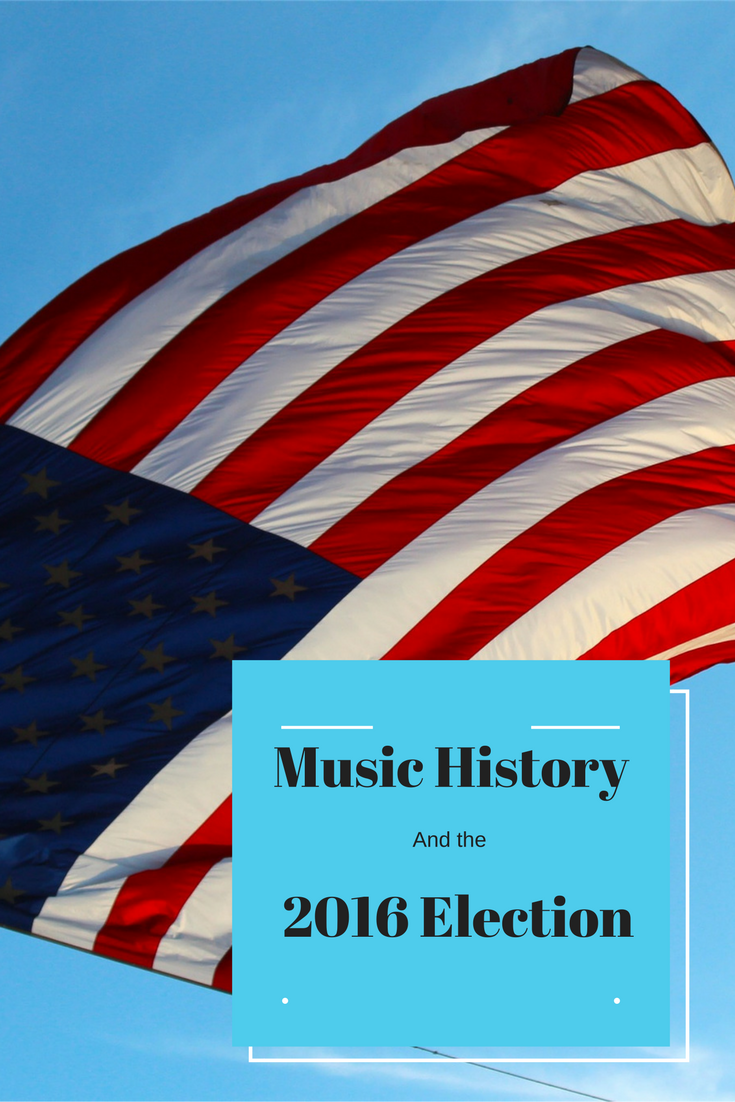

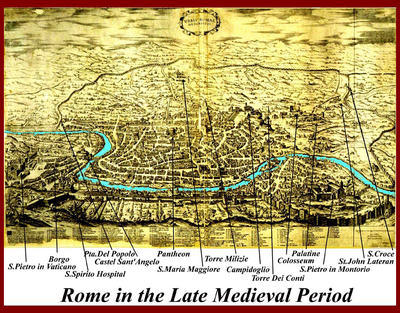

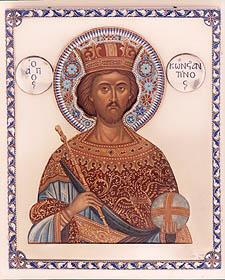
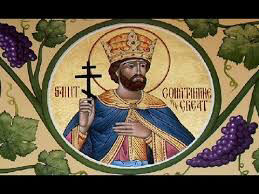
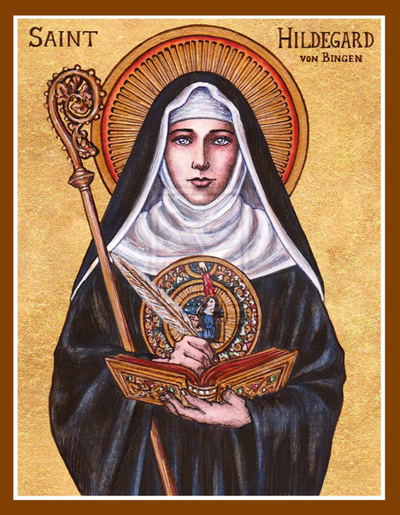
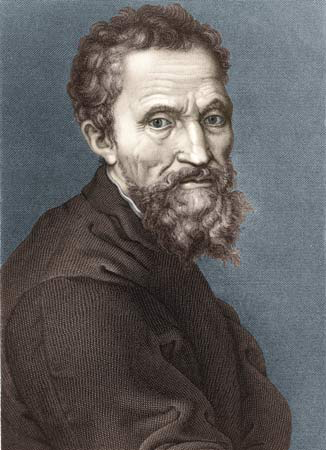
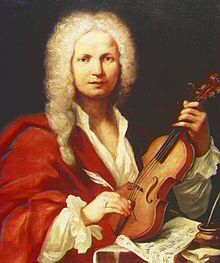
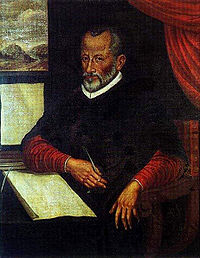
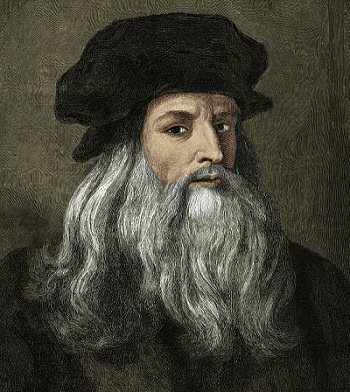
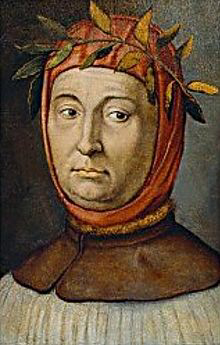
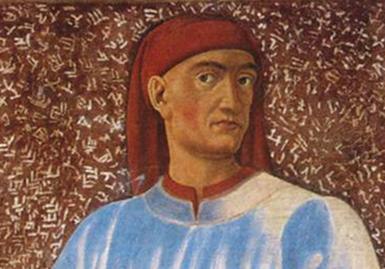
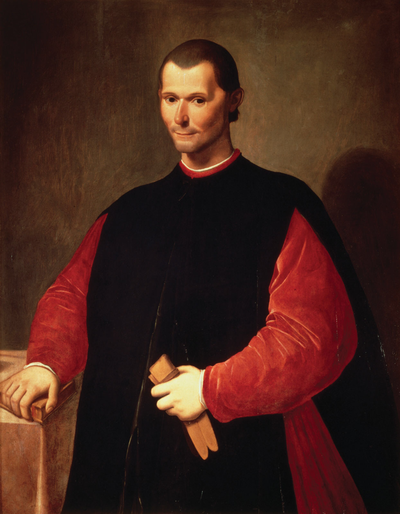
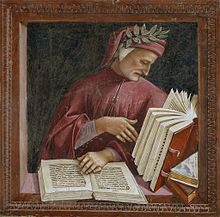

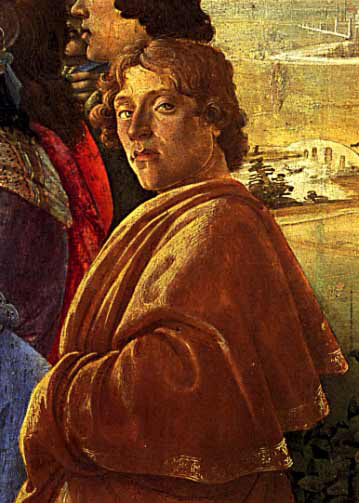
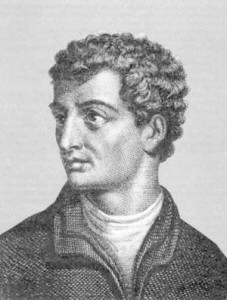
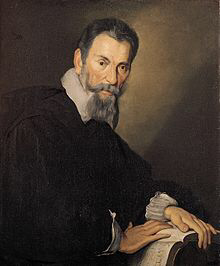
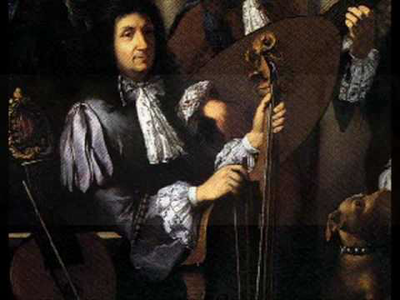
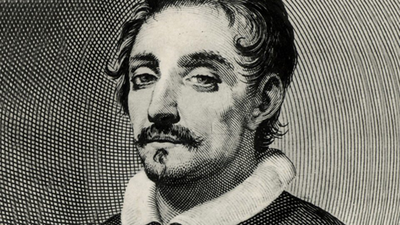
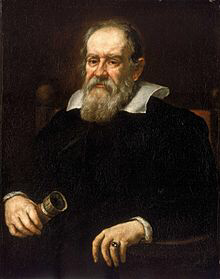
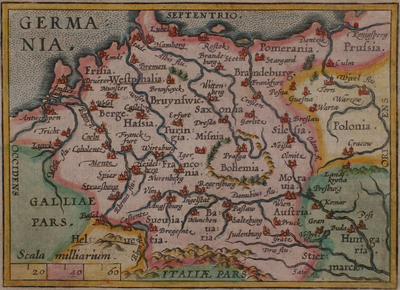
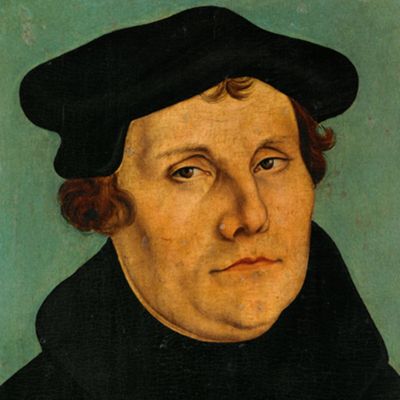
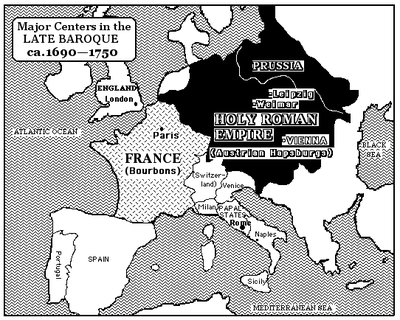
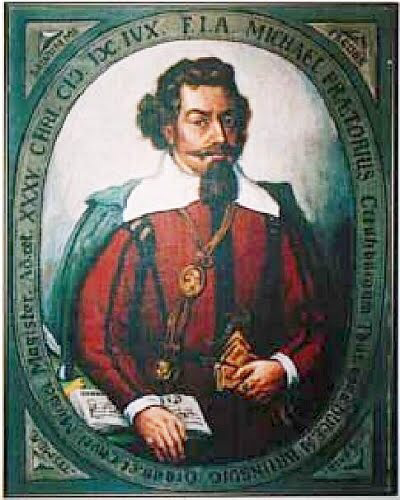
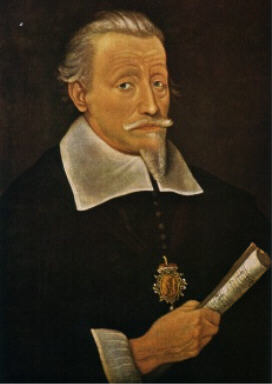
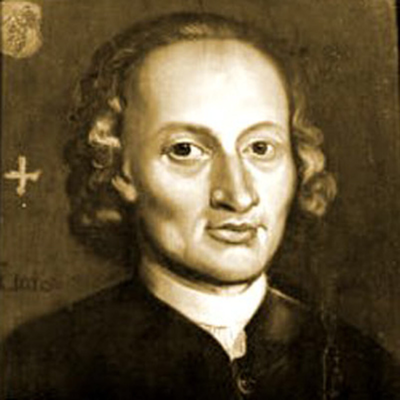
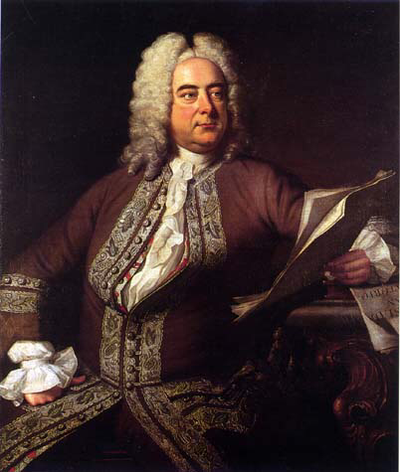
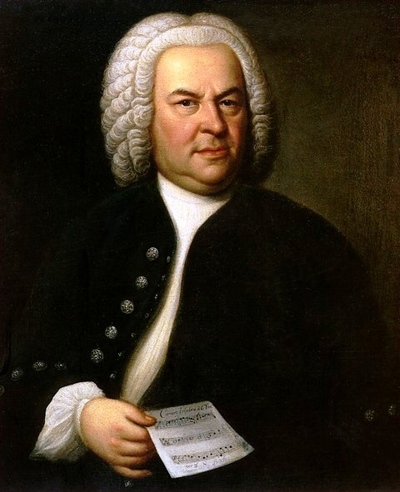
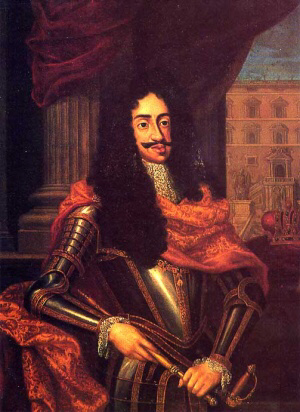
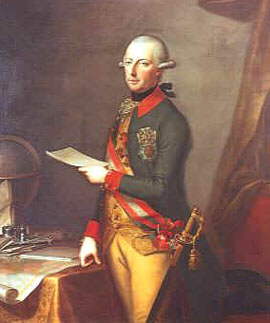
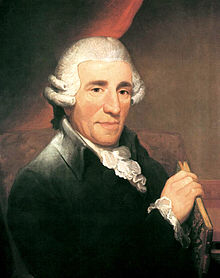
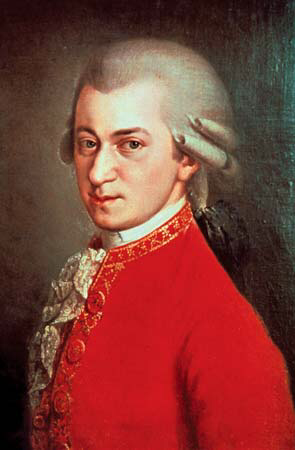
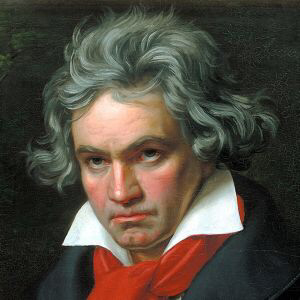
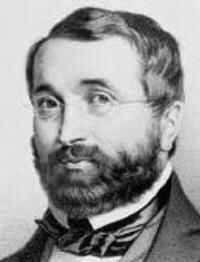
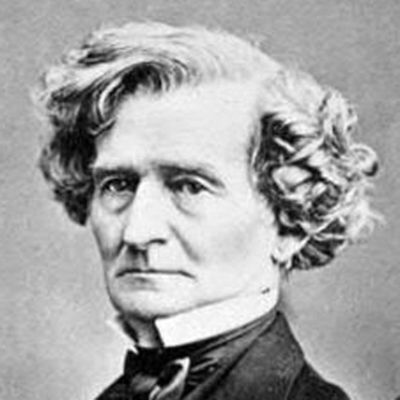
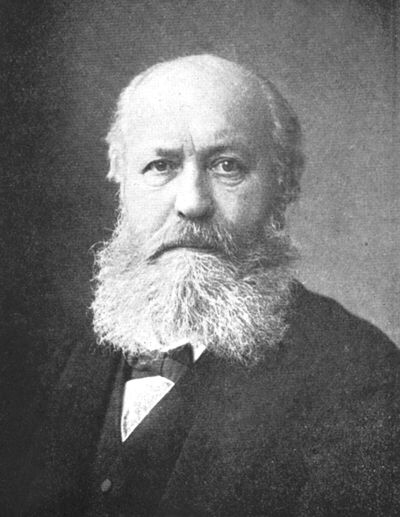

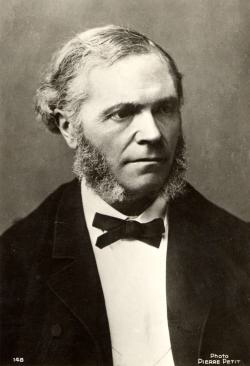
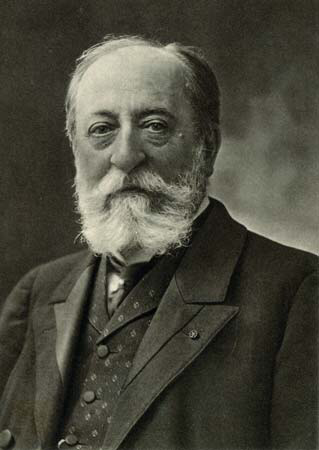
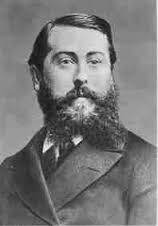
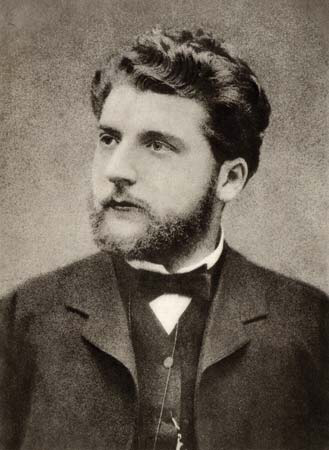
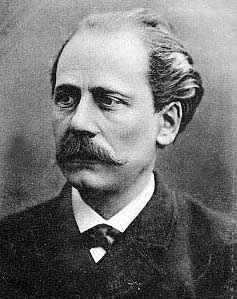
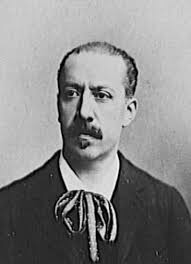
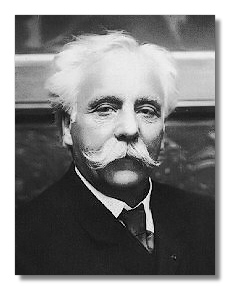
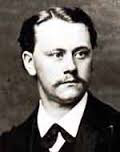
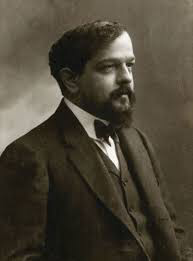
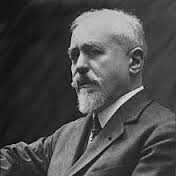
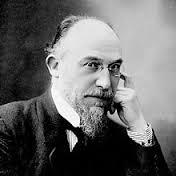
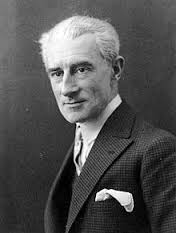
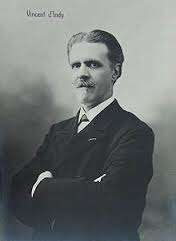
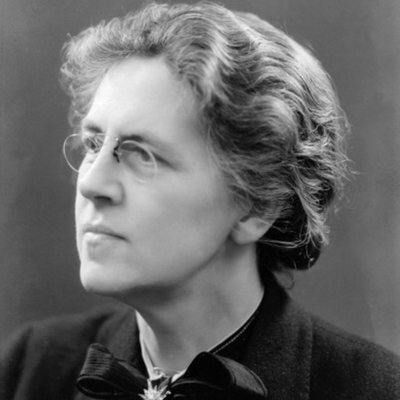
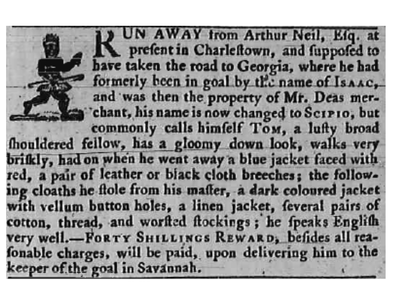
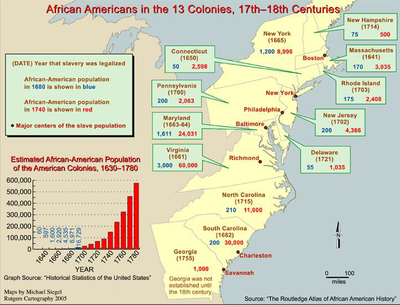
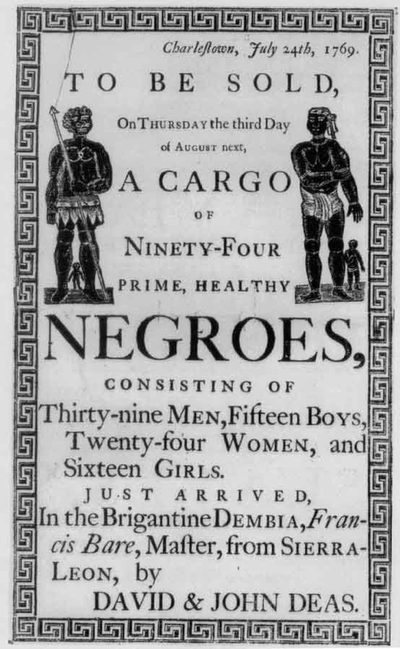
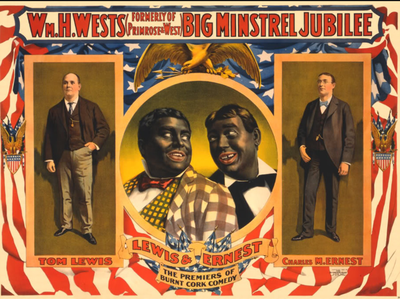
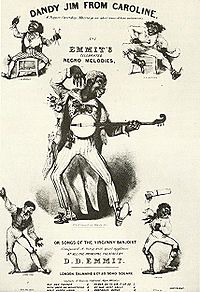

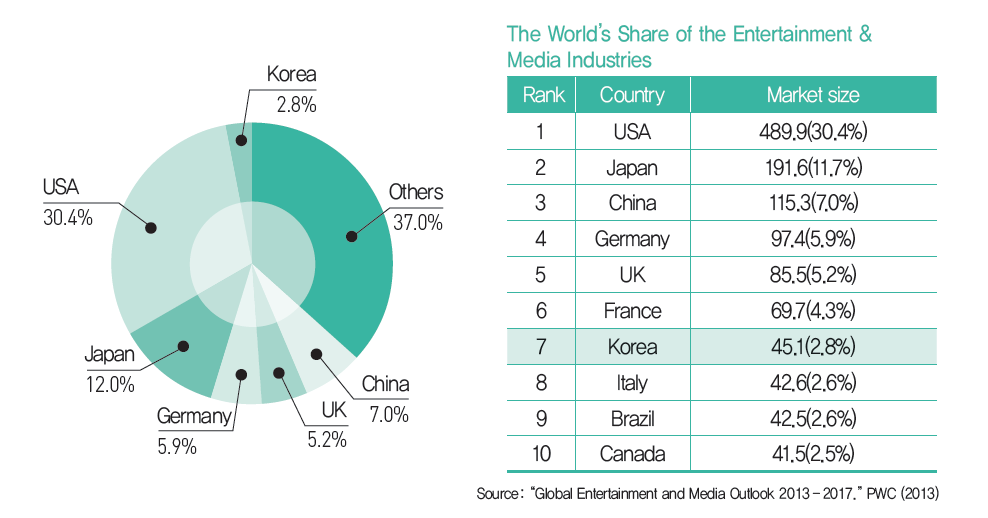
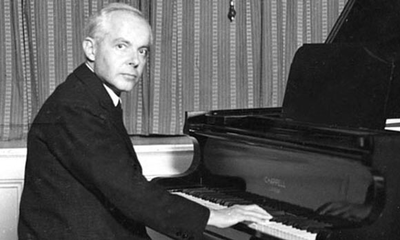
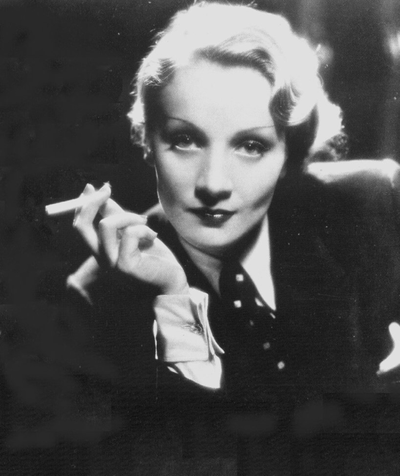
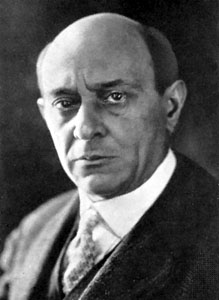
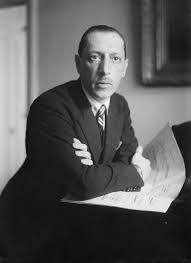
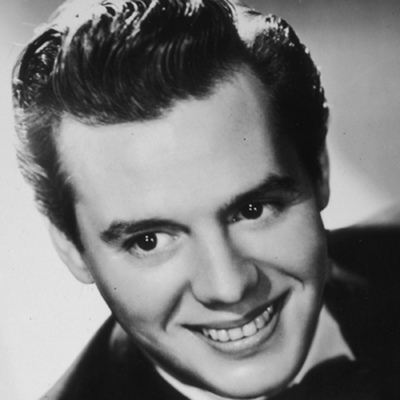
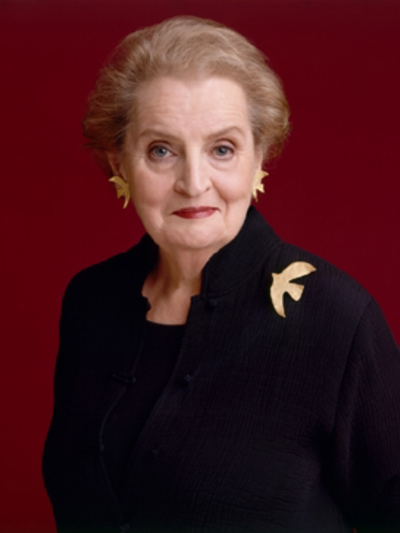
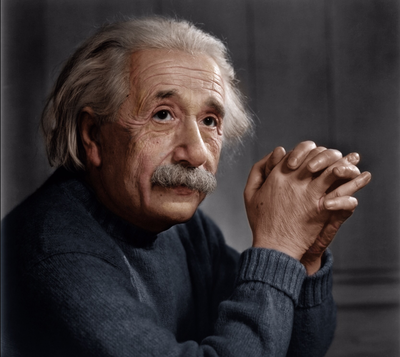
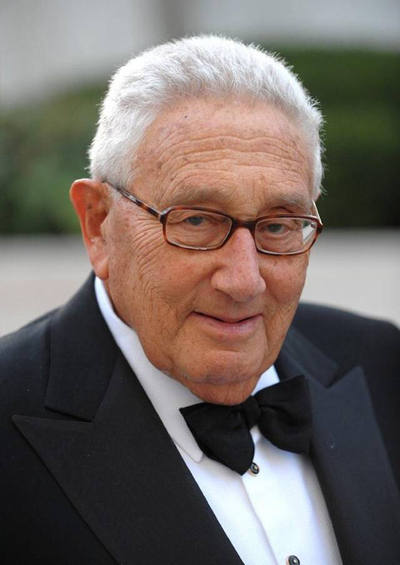

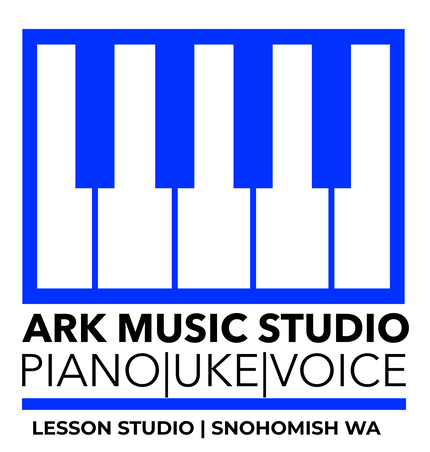

 RSS Feed
RSS Feed
